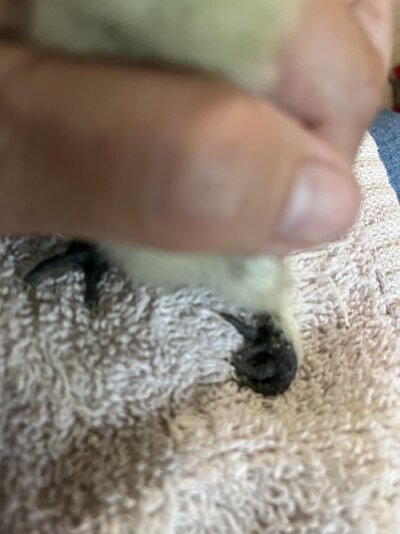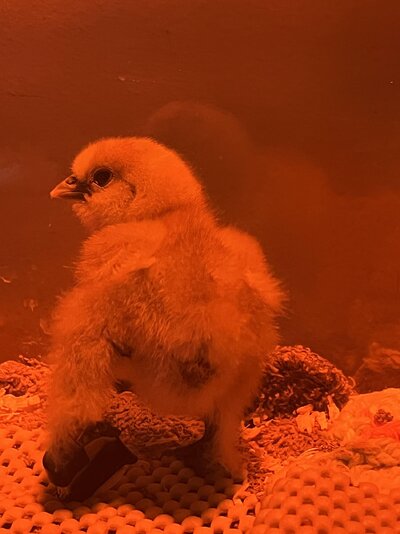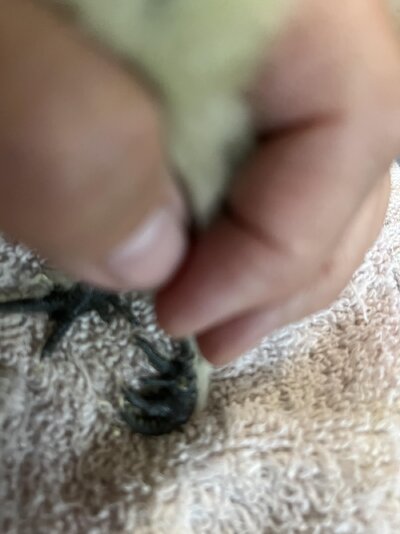MsTinaMarie
Chirping
- Jul 27, 2023
- 23
- 34
- 56
I recently was given/rescued 8 Silkie chickens. I ended up with 4 roosters and 4 hens. They came with eggs as well. Because of the change in environment, I put the eggs in my incubator. Once these chicks began to hatch. each one had deformed feet that needed to be splinted because they weren't even able to stand. Their feet were rolled up in a ball Yes I do know Silkies have 4 to 5 toes etc that wasn't what I was seeing as an issue. They had trouble staying upright at all and were unable to eat or drink I lost 2. I began splinting the feet which has corrected the issue. I was not told if they are all related or father, daughter son. mother, or just silkies obtained from different flocks breeding etc. My question is.... Should I remove the current roosters and get one new one to add in? Could this possibly correct any genetic issues? Or when do you know it may be a good idea to rotate out a rooster............Or do you? PS I am raising the Silkies for fertile eggs. I love this little breed...........Sweetest little chickens with the neatest sounds. I used to raise chukars and silkies sound very similar in many ways I love it.
Ok, I am putting up pix. Initially, both feet were balled closed. I would constantly chek and this baby would fall over on its back and be unable to get back up. Once I splinted them baby was able to stand and get around although was pretty pissy about it. LOL As you can see from the pix one foot responded very well to splinting. The other one appears to be not just the toes but the ankle area also which may be giving baby trouble.
The photos below show one foot is now totally fine after splinting the other I haven't been able to help with improvements. If you look at the one photo you can see one foot almost balled up and this gives baby trouble standing. the center photo I have splinted his foot he can stand and get around but you can see how baby stands. And the next photo you can see again one is straight and the other balled up.
And the next photo you can see again one is straight and the other balled up.
Ok, I am putting up pix. Initially, both feet were balled closed. I would constantly chek and this baby would fall over on its back and be unable to get back up. Once I splinted them baby was able to stand and get around although was pretty pissy about it. LOL As you can see from the pix one foot responded very well to splinting. The other one appears to be not just the toes but the ankle area also which may be giving baby trouble.
The photos below show one foot is now totally fine after splinting the other I haven't been able to help with improvements. If you look at the one photo you can see one foot almost balled up and this gives baby trouble standing. the center photo I have splinted his foot he can stand and get around but you can see how baby stands.
 And the next photo you can see again one is straight and the other balled up.
And the next photo you can see again one is straight and the other balled up.Attachments
Last edited:






